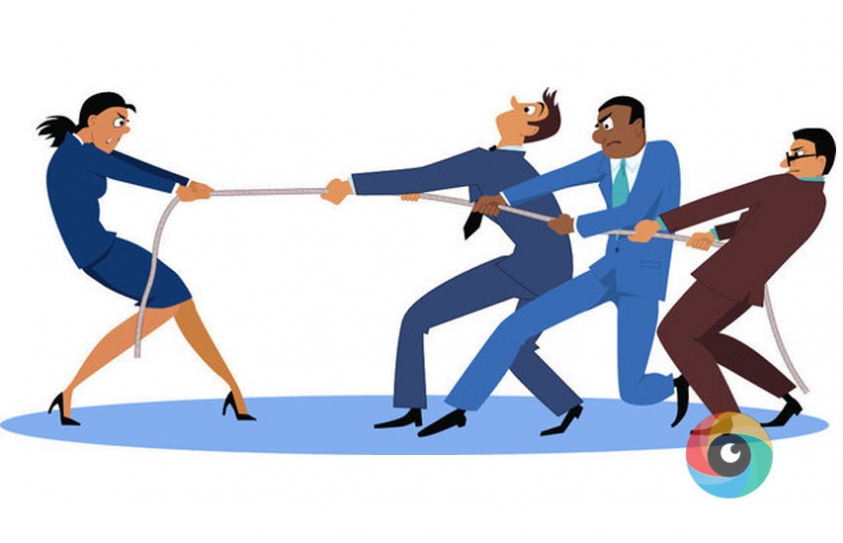
Gender equality at Workplace - more than just a moral Issue
by Saheb Bhattacharya July 28 2017, 6:01 pm Estimated Reading Time: 2 mins, 39 secsApart from the “human rights” aspect to gender equality at work, recent studies also suggest there being a beneficial financial and economic advantage by having such an attitude. Mckinsey, the corporate consultancy giant suggests that there could be a potential increase in the global GDP by 12 trillion by 2025 considering the participation of women in the labour force. Such claims have encouraged the private sector to look at gender equality as more than just a moral issue.
However, this statement comes with a negative connotation. The fact that the private sector has invested interests in gender equality just because of the monetary benefits undermines the true reasons why women should receive equal wage and equal work prospects in the first place. Human rights recognize the agency and autonomy of women as humans, rather than seeing their labour as a means to an economic end.
It is important that business officials take into due consideration how the neoliberal macroeconomic system colludes with structural discrimination that negatively impacts women and inevitably puts them at the bottom of the supply chain. Society also does not acknowledge that the burden of all mediocre jobs such as making food and fetching water comes on the shoulder of women. Unless these issues that reduces women’s opportunity and mobility are not addressed, true women’s rights to work cannot be explored. Further economic arguments also ignore prevailing gender stereotypes that result in job segregation and disparities in wages and benefits. Take the global garment industry, where 80% of workers are female amid stereotypes that women are more docile, dexterous or will make fewer demands of their employers. Cambodia is one such example where the wage gap has doubled from 2004 to 2009. 90 percent of their workforce in the garment industry comprise of women as they make more cheaper and flexible workers.
However, the business officials are not entirely to be blamed, the role of government intervention that facilitates gender discrimination in the work place should also be taken into account. This includes the unequal relationship between governments and corporations, where the government is more vested in luring corporate investment at the cost of human rights. Thus, keeping the complex nature of the motifs of corporations and government in mind it is important that issues pertinent to gender equality are addressed within the human rights framework as to benefit women the most.
It is only through a transformative framework centered around dignity can issues pertinent to gender equality be tackled effectively. Perplexed with wage gap and gender inequality the economic world needs major transformation. The United Nation has taken strong initiatives to address these issues by providing Principals on Business and Human rights that emphasis roles to be taken by both the government as well as corporations in order to discourage gender inequality at the work place.
As long as impetus to change is given with dignity kept in mind rather than making gender equality palatable to the business world, there is hope for the right kind of change. It is time for the private sector to act upon such issues beyond economic terms. However, to initiate real change it has to be a conjoined effort between both the sectors.




-173X130.jpg)
-173X130.jpg)
-173X130.jpg)
-173X130.jpg)

_(7)-173X130.jpg)
-173X130.jpg)
-173X130.jpg)